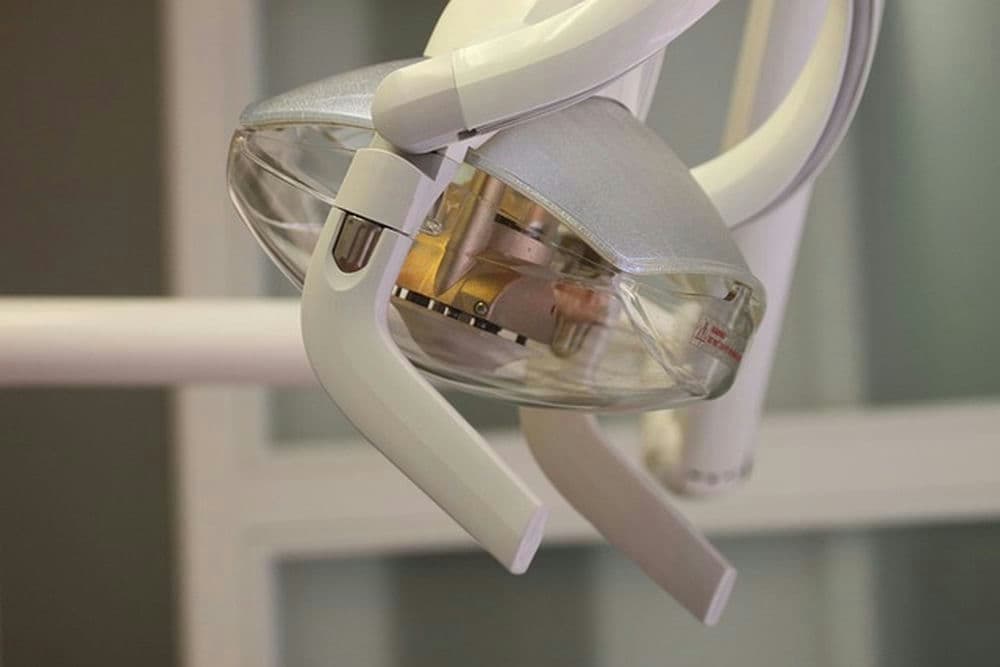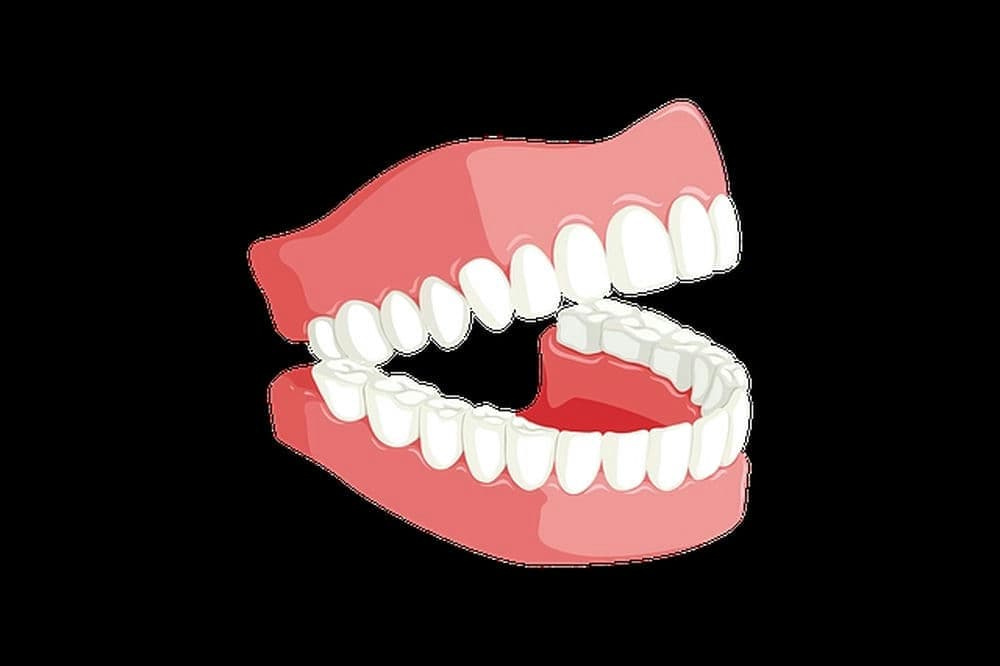Pages
average price of dental implants
2/6/2023

Implants steer clear of bone loss. Dental Implants vs. Dental bridgesA Dental Implant is a more within your budget and natural alternative than a Dental BridgeThe Benefits of Dental ImplantsA bridge calls for the alteration of adjoining teeth to support the bridge. A bridge consists of a false tooth (or teeth) supported by adjacent teeth which have been capped. It is used to substitute one or two missing teeth. A bridge calls for two often fit teeth to be altered, which is not an ideal way of replacing a missing tooth compared to a dental implant.
Specially designed brushes, such as an interdental brush that slides between teeth, can help clean the nooks and crannies around teeth, gums and metal posts. See your dentist continually. Schedule dental checkups to make sure the health and correct functioning of your implants and follow the advice for expert cleanings. Avoid damaging habits. Don't chew hard items, corresponding to ice and tough candy, which could break your crowns — or your herbal teeth. Avoid tooth-staining tobacco and caffeine products.
all on four dental implants near me
2/18/2023

This exposes the bone underneath so your doctor can place the implant. Prepare your jaw. Your health care provider will use a series of specialised instruments to create a gap on your jawbone. They’ll widen the beginning until it’s just the proper diameter in your new dental implant. Place the dental implant. Next, your surgeon will cautiously place the dental implant into your jaw.
Dental implants may not be right for you if you:Are under the age of 18. (Most surgeons won’t place dental implants unless your jaw has stopped starting to be. )Smoke or use tobacco products. Have colossal bone loss in your jaw. Have poor oral hygiene. Have wide tooth decay. Have active or untreated gum ailment. Have bound health situations, similar to bone disorders or autoimmune diseases. Every person is alternative with a unique health history. To find out obviously if you qualify for dental implants, confer with your dentist. How long does it take to get well from dental implant surgery?Dental implant recovery times can vary, but most folks can resume normal movements in about three days.
top dental implants
2/21/2023

Progressive bone loss because of dressed in dentures can cause facial collapse. Over the years bone loss may cause the cave in of the lower third of your face, growing excessive wrinkles, sagging skin and jowls, thinning lips and a sunken-in look. This can considerably age a man’s appearance. Implants stay away from bone loss. Dental Implants vs. Dental bridgesA Dental Implant is a more low in cost and natural substitute than a Dental BridgeThe Benefits of Dental ImplantsA bridge requires the alteration of adjacent teeth to assist the bridge.
Every person is different with a unique health historical past. To find out obviously if you qualify for dental implants, consult with your dentist. How long does it take to improve from dental implant surgical procedure?Dental implant restoration times can vary, but most people can resume normal actions in about three days. Even so, it can still take a couple of months in your jawbone to fuse around the implant. This technique is osseointegration, and it’s critical for the long run success and balance of your dental implant. Following your dental implant placement, your health care professional will periodically check on your progress. Once the dental implant has fused along with your jaw, it’s safe to add the restoration on top. Placing a dental recovery too soon can result in implant failure. How long do dental implants last?Currently, dental implants are the longest-lasting teeth alternative option available. With proper care and upkeep, they can last an entire life. However, the restoration on top of your dental implant will need replacing at some point soon.
mini dental implants near me
3/6/2023

Dental Implants can last a lifetimeWhereas a dental bridge may only last around 10 years or so, dental implants can last a life-time. The implant is made from titanium and integrates with the jawbone. It’s bio-suitable, which means that it’s non-toxic and never rejected by the body. All in all it makes a magnificent alternative tooth. Dental Implants steer clear of bone lossThe Benefits of Dental ImplantsBone loss occurs in the jaw when there are no tooth roots (or implants) retaining the jaw bone influenced. Where there is no tooth, the jaw bone in the empty space deteriorates due to lack of stimulation.
Your health practitioner will use a chain of specialised devices to create an opening in your jawbone. They’ll widen the opening until it’s just the correct diameter to your new dental implant. Place the dental implant. Next, your general practitioner will cautiously place the dental implant into your jaw. Close the incisions. Finally, your healthcare professional will reposition your gums and close the incision with stitches. The steps for dental implant placement are commonly a similar for each person. But now and again, a health care provider can place a dental implant and restoration (like a crown or bridge) all in one visit. Most of the time, although, you’ll need a few months for the implant to heal before your dentist can safely place a final recovery. In these cases, your dentist can make a temporary (typically detachable) recuperation so that you can wear during the healing phase. What happens after dental implant placement?Your health care professional will provide you with a close list of postoperative commands.